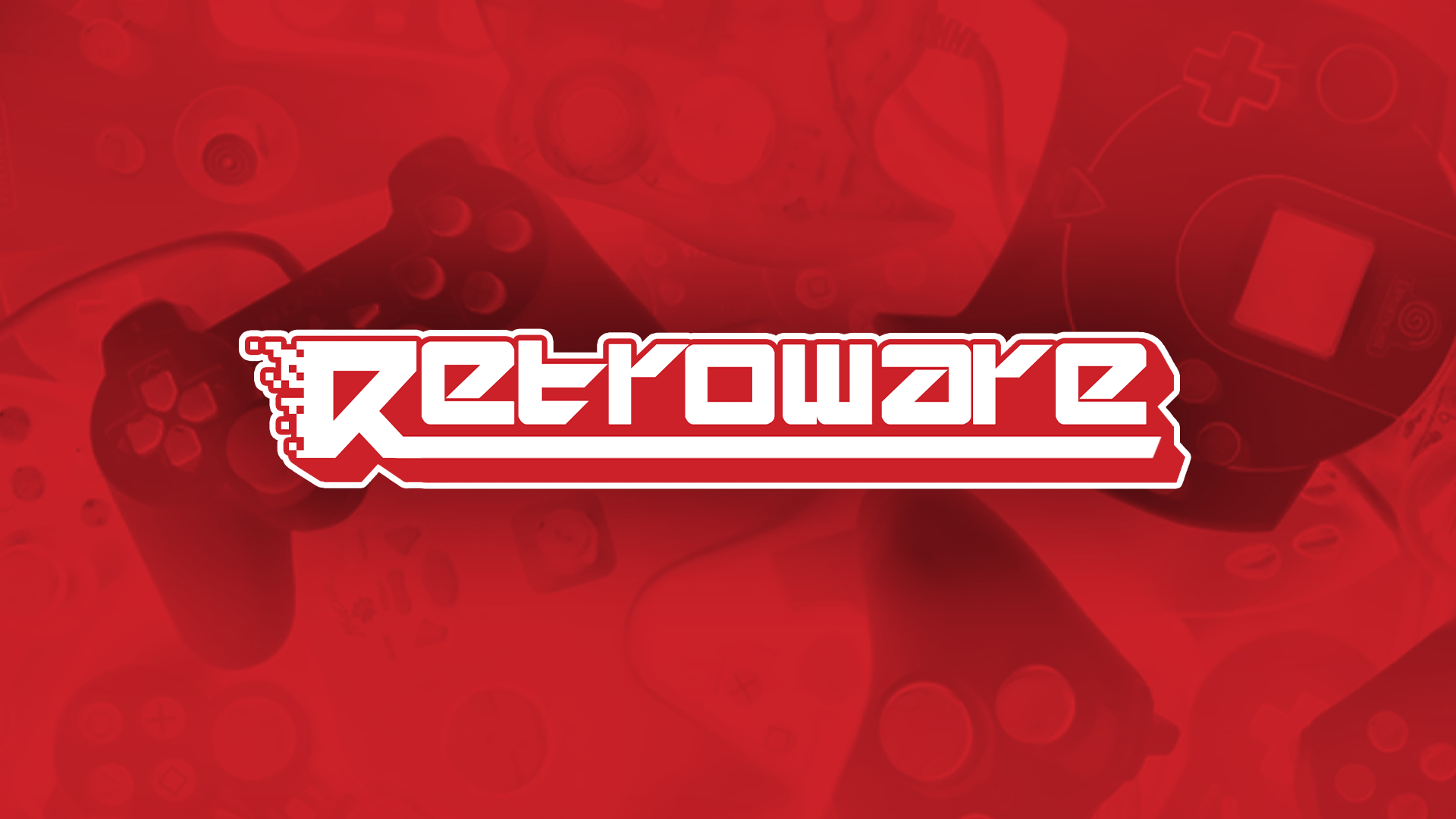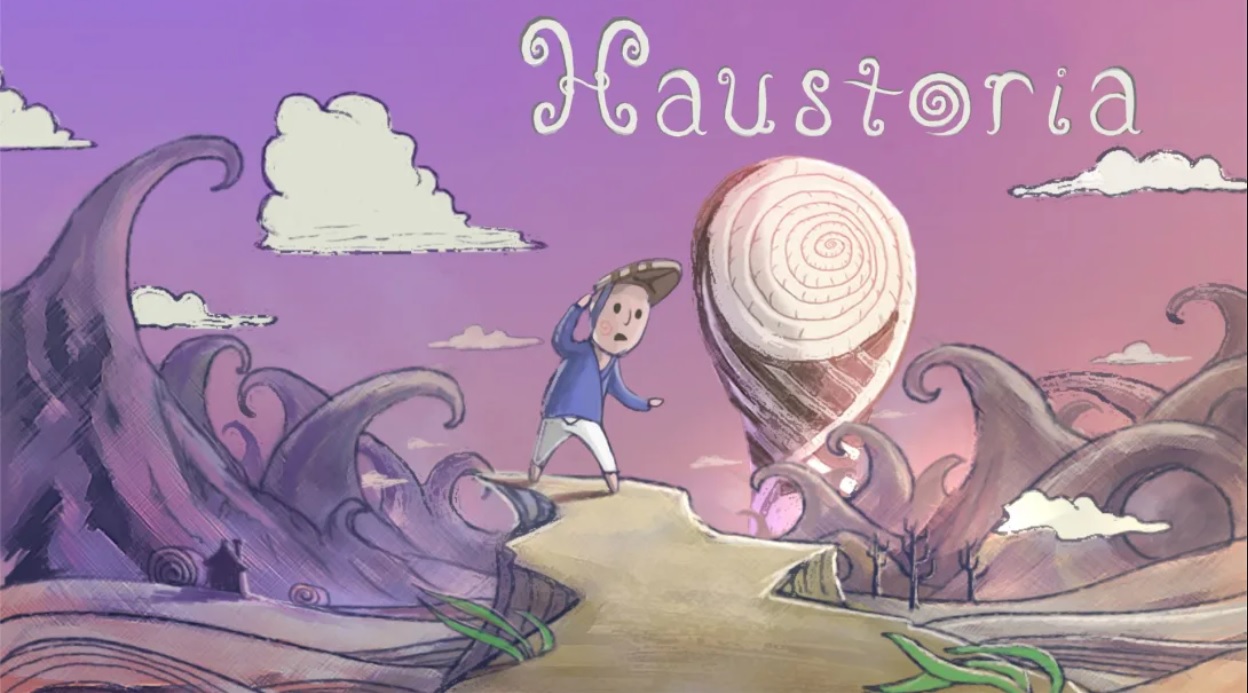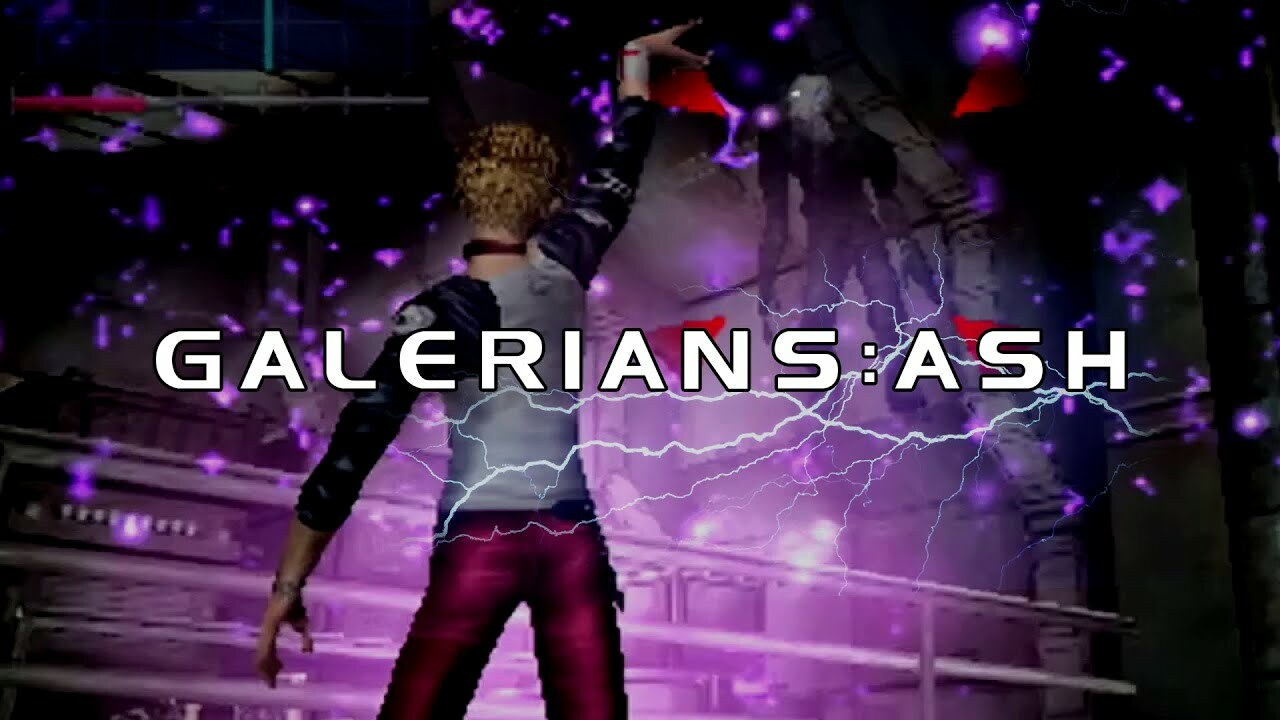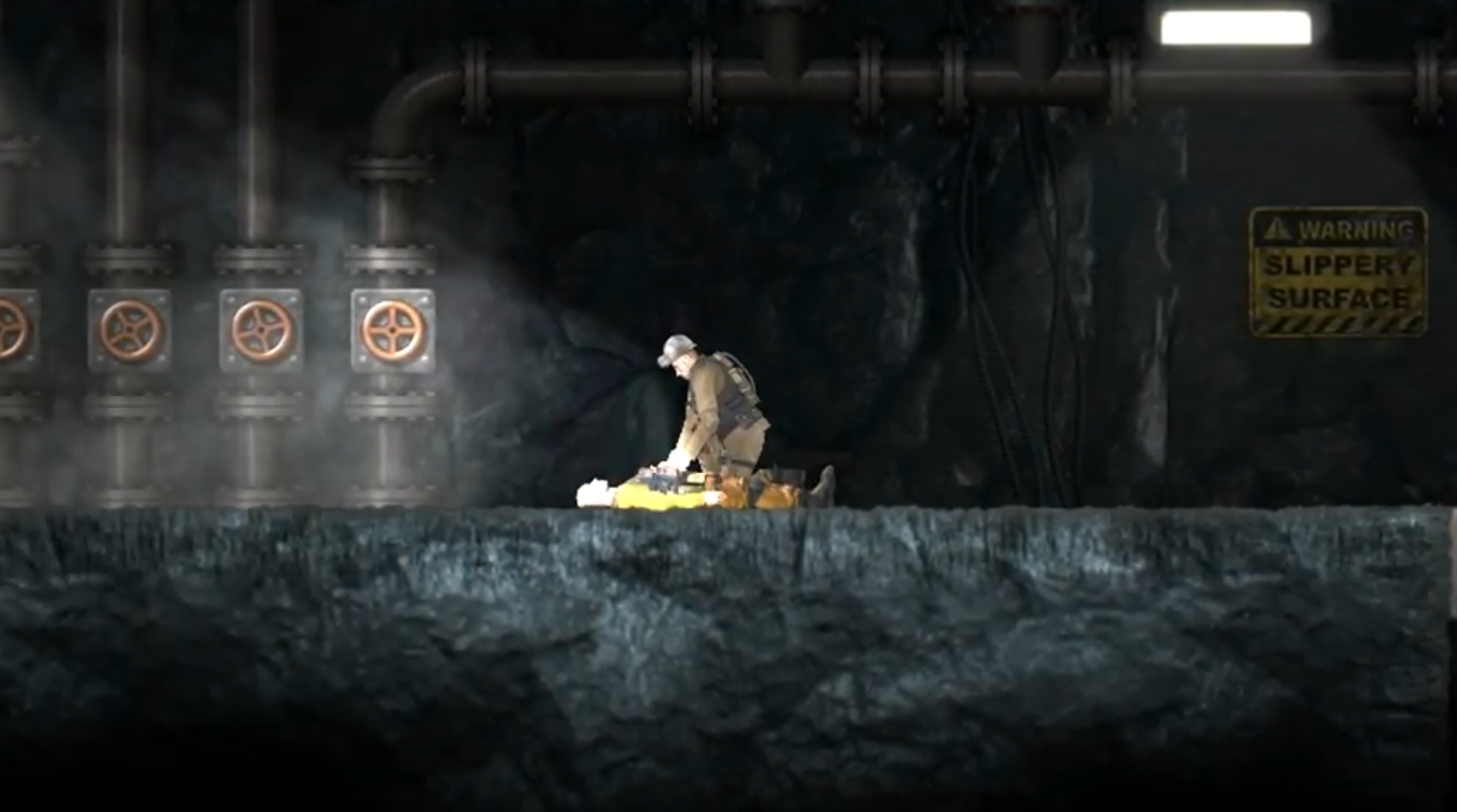Share
Games, in their most simplified forms, are fantasies, escapes, and ways to experience stories and lives not at all like our own. In role-playing games especially, there comes a point where the player is left to tie up loose ends before the game’s finale – getting to max level, completing a few extra side quests, and so on. By the time a character has achieved their zenith, they are often nigh-invincible, with the power to annihilate any opposition they may face with little challenge. This power fantasy is something that players can fall into easily and are often for doing so through achievements, items, and other unlockables. Very rarely does a game address this fantasy to the characters and very rarely does a game make you, the player, question it.
In Final Fantasy Tactics Advance, the handheld title does both of these things and asks these questions not just from the perspectives of the characters, but also the player.
IT’S JUST A GAME, RIGHT?
The game follows the story of four kids, Marche Radiuju, Doned Radiuju, Ritz Malheur, and Mewt Randell, who are sucked into their favorite game, Final Fantasy, thanks to a wish-granting tome. Once inside, they discover that the misfortunes they had in their previous lives are gone, replaced instead with their greatest desires.

While in Ivalice, the world they’re inhabiting within the game, Marche realizes that they are effectively living a dream with very real consequences. Due to the magic of the tome, Marche learns that the people of his hometown are not only being victimized by the roaming clans of Ivalice, but they are also being killed by the numerous monsters found in Final Fantasy. In order to set things right, Marche quests to return his friends and his town back to reality, a quest that is grossly opposed by Ritz, Mewt, and his brother Doned.
It is here that the game addresses escapism to Marche. While his quest is noble, it puts his already disenfranchised friends at risk again. In Ivalice, Ritz is no longer chastised for her albino hair, she has a renewed sense of confidence, and is a powerful combatant; Doned isn’t wheelchair-bound, he’s fully healthy, and has his own adventuring clan; Mewt isn’t bullied for his shy demeanor, his father is now the most powerful Judge in the land, and, most importantly, his mother is alive.

Even Marche’s status in life has significantly improved upon stepping into Ivalice. He’s stronger and more charismatic and these traits keep growing as you complete missions and progress further into the game. Each character is living their idealized life and, as children who are already isolated by their communities, are desperate to not give up this new take on life. Every character in the game questions Marche’s decision to return the world to normal, sowing doubt in Marche along the way, and encouraging the player to not rush into the game’s finale. It’s a scenario that asks the player “is this really so bad?”

the crossroads
At the game’s conclusion, the kids all realize that they have to return to their normal lives, leaving behind the grandeur of the fantasy they had longed for, learning self-love and acceptance, and developing stronger bonds with each other in the process.
It’s an ending that is overflowing with positivity and decidedly closes out the game on a high note. What stands out here is that, unlike other Final Fantasy titles, the fantasy truly is final once the kids return to their normal lives. Despite a cameo from Mewt as the town librarian in the game’s sequel, Revenant Wings, the original group of kids never step foot back into the world of Final Fantasy again.
When you strip away all of the game’s mechanics, the Final Fantasy aesthetic, and the vibrant color palette, you’re left with a very timely game that can draw parallels to similar pieces of fantasy media like The Chronicles of Narnia, The NeverEnding Story, The Pagemaster, and so many other stories that ask us to examine fantasy versus reality. The game revels in power fantasies and presents so many options to pursue that at times it seems as if the game is self-aware. As the player, you are playing into the fantasy the longer you play the game. The more you level up, the more you grow your clan, and the more side quests you take on only serve to keep the kids in Ivalice longer and deny Marche’s goal.

From the perspective of the player, there’s more than enough justification to stay within the game, to keep slaying monsters, to keep completing side quests, and to keep discovering ways to unlock new jobs for Marche and his crew. When confronted with such a decision – to end the game as the story requests or to keep playing as the game demands – where will you ultimately stand?




